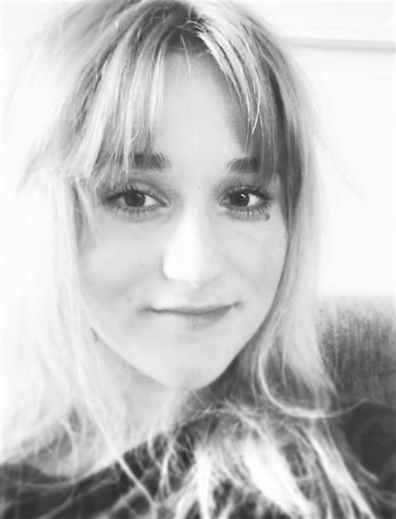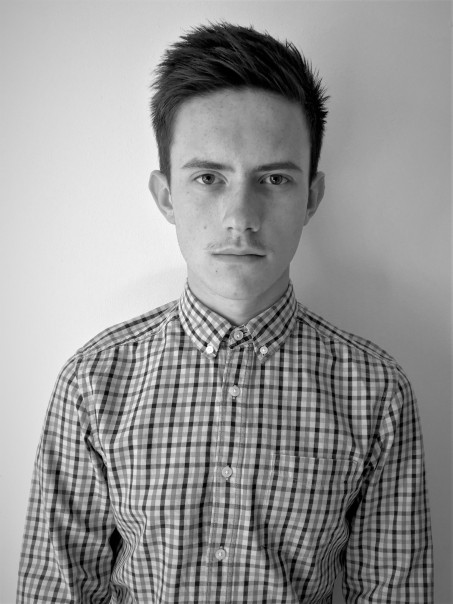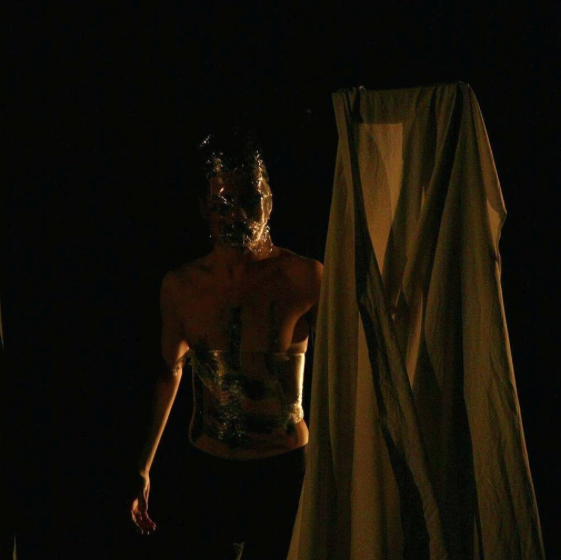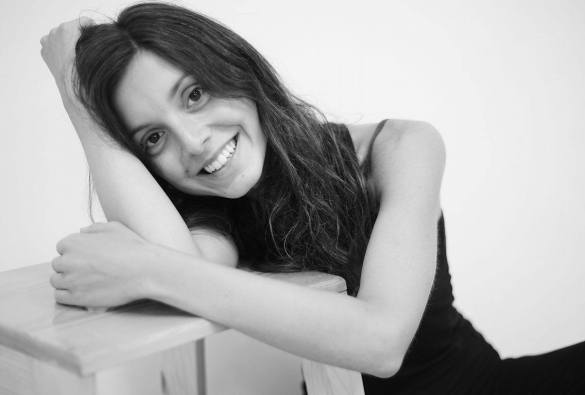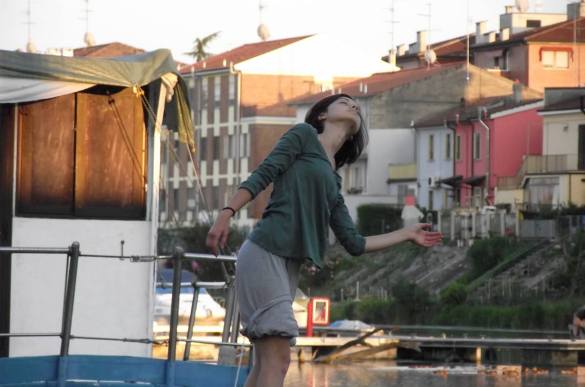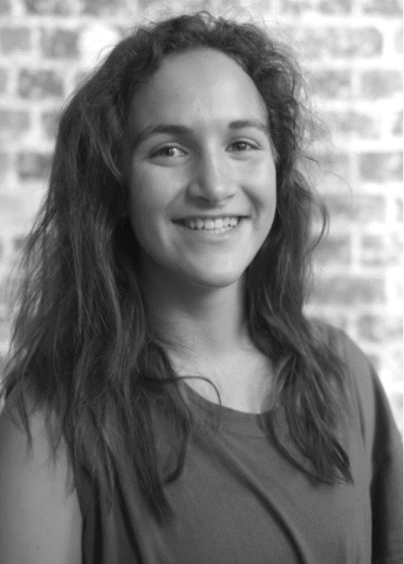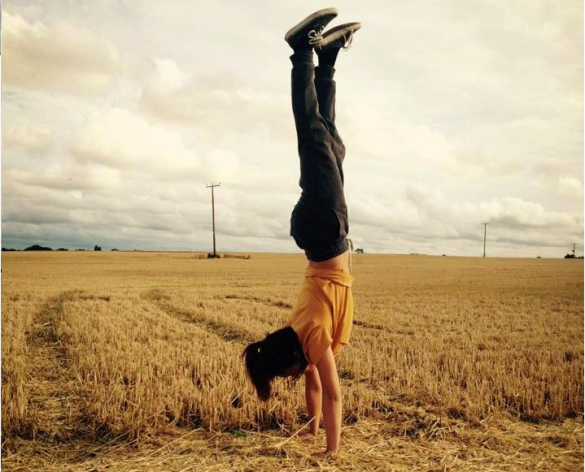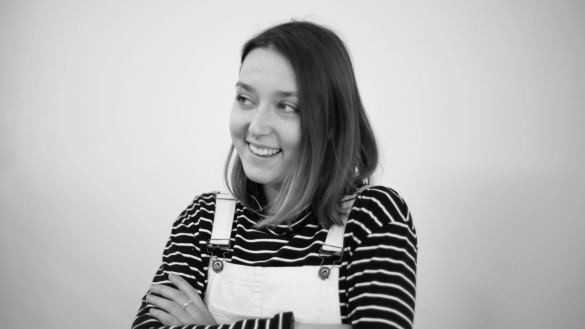As Christmas fast approaches, many of you will be taking time away from the studio or work to take a well-earned break! But a lot of people don’t know enough about the multiple benefits that utilising proper rest and relaxation can bring.
‘Rest’ is anything that gives you a break and can be either physical or mental. There are multiple benefits for everyone and especially for performing artists. This is partly a result of the many physiological changes that can occur when utilising rest and relaxation successfully. These changes can include
- reduced blood pressure
- reduced muscle tension
- reduced sensitivity to pain
- improved immunity
- increased circulation
- slowed breathing rate
Another key benefit of rest and relaxation is that it can reduce the effects of stress. Stress can cause disruption to daily life in many forms including sleep and digestion, as well as increasing aches and pains and the likelihood of getting ill (coughs, colds etc.). Taking time out to rest and relax can help to tackle stress and keep our bodies and minds healthy.
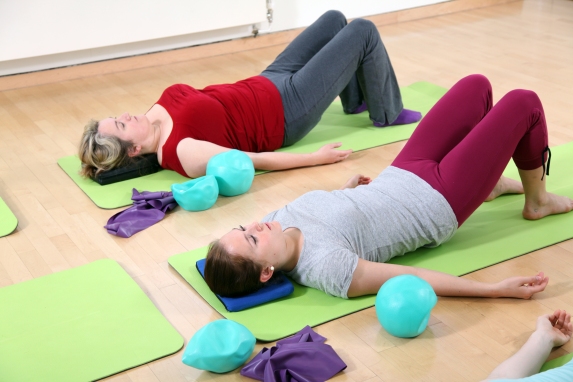
Image: Trinity Laban matwork class; JK photography
In what other ways can it benefit me as a performing artist? The benefits of rest and relaxation can include both physiological and behavioural advantages which can be important for performing artists. Studies have reported that relaxation can reduce mood fluctuations and increase concentration. Also, rest is key for muscle regeneration. This means that in order to see progression in physical training, one must rest or the muscles will not be able to regenerate and you will see no improvements. This is important for performing artists to keep in mind as there is often a tendency to want to train all the time and take little rest in order to improve. However, in actual fact this can inhibit physical progression and could increase the risk of injury. Research has shown that performers, especially dancers, often work through fatigue and that overuse is one of the most common causes of injuries among dancers.
Not obtaining enough rest can also increase the likelihood of overtraining and can even lead to burnout. This is a complex condition and can be acute or chronic, and is the result of a volume of activity/exercise that exceeds the performer’s capabilities. Overtraining and burnout can both increases the risk of injury also, as the body can be more susceptible to muscle damage, infections, allergies and will take longer to heal from even minor scratches. Research has also shown that taking time to review a piece of music or choreography mentally as well as physically, can be much more beneficial than just physically rehearsing alone, which could be a good way to tackle overtraining among performers.
How can I rest and relax properly? It is ideal if you can set aside a certain amount of time each day or week to just rest and relax . This can be anything that gives your mind or body a break and can range from just having an early night or a weekend off, to participating yoga classes or doing breathing exercises. Research suggests that constructive/active rest can also be beneficial, which simply requires you to lie in a resting state and focus your mind on a particular task.
So enjoy taking some time out over Christmas to rest and relax and begin the New Year with a great start! #dancersneedrest

